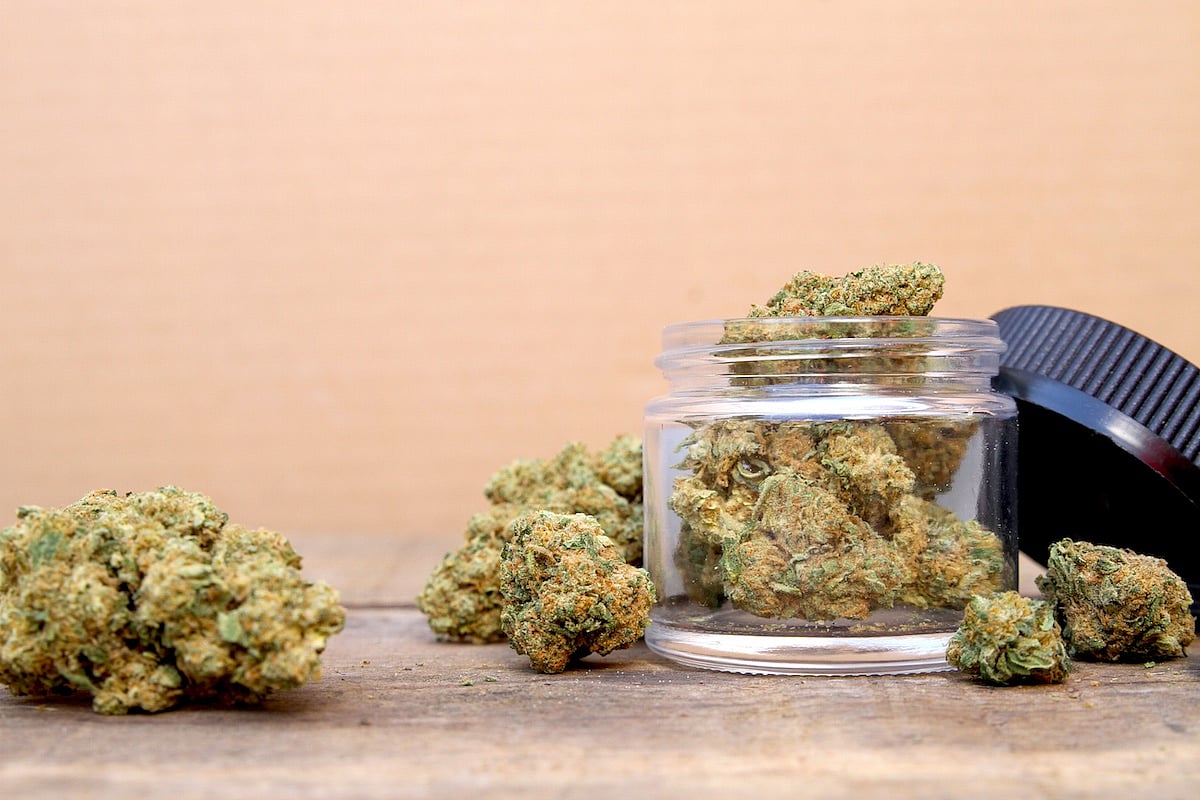Get Healthy!

- Dennis Thompson
- Posted July 8, 2025
A Single Disorder Upended Pennsylvania's Medical Marijuana Program
A single mood disorder might have driven a rapid increase in Pennsylvania’s medical marijuana program, a new study says.
Enrollment dramatically spiked after officials added anxiety to the list of conditions that could be treated with medical weed, researchers reported July 7 in the Annals of Internal Medicine.
Chronic pain had been the condition most cited by patients signing up for the Keystone State’s medical cannabis program, followed by post-traumatic stress disorder (PTSD).
But anxiety quickly became the most-cited condition after it joined the list, researchers found.
Medical marijuana certifications rose more than 11-fold overall, fueled by an increase in certifications citing anxiety, researchers said.
“We found that adding anxiety as a qualifying condition fundamentally changed the makeup of Pennsylvania’s medical cannabis program,” corresponding author Coleman Drake, an associate professor of health policy and management at the University of Pittsburgh School of Public Health, said in a news release.
Pennsylvania’s medical cannabis program started in November 2017. Certifications require a doctor’s visit, and participants must renew every year. Recreational weed remains illegal in the state.
At the program’s start, 136,810 people had signed up. Chronic pain comprised the lion’s share of diagnoses at 67%, followed by 16% for PTSD.
Regulators added anxiety to the list of qualifying conditions in July 2019, researchers said.
Afterward, enrollment in the program boomed, with nearly 1.6 million people signing on by December 2023, researchers found.
“The number of certifications issued each month increased rapidly throughout this period, from approximately 11,000 certifications in June 2019 to 30,000 in December 2023, most of which related to increases in certifications for anxiety,” researchers wrote.
By that point, 60% of medical cannabis card holders cited anxiety as their treatable condition, followed by chronic pain at 41% and PTSD at 11%. Multiple conditions can be cited when applying, researchers said.
Drake noted that evidence supporting cannabis as an effective treatment for anxiety is scant compared to other conditions on the list, most notably chronic pain.
“Adding anxiety to the program may inadvertently signal to patients that cannabis is effective for treating it, despite the lack of evidence, which is concerning,” Drake said. “At the same time, cannabis may improve some health outcomes, relative to alternative treatments, depending on the individual and their circumstances.”
More research on weed’s effectiveness in treating anxiety and other conditions is drastically needed, given the clear trends, Drake said.
“The urgency in filling these knowledge gaps is pretty clear, given increases in cannabis use over the past decade, and the large changes in cannabis markets, like those we observed in this study,” Drake said.
More information
The Mayo Clinic has more on medical marijuana.
SOURCES: University of Pittsburgh, news release, July 7, 2025; Annals of Internal Medicine, study, July 7, 2025

